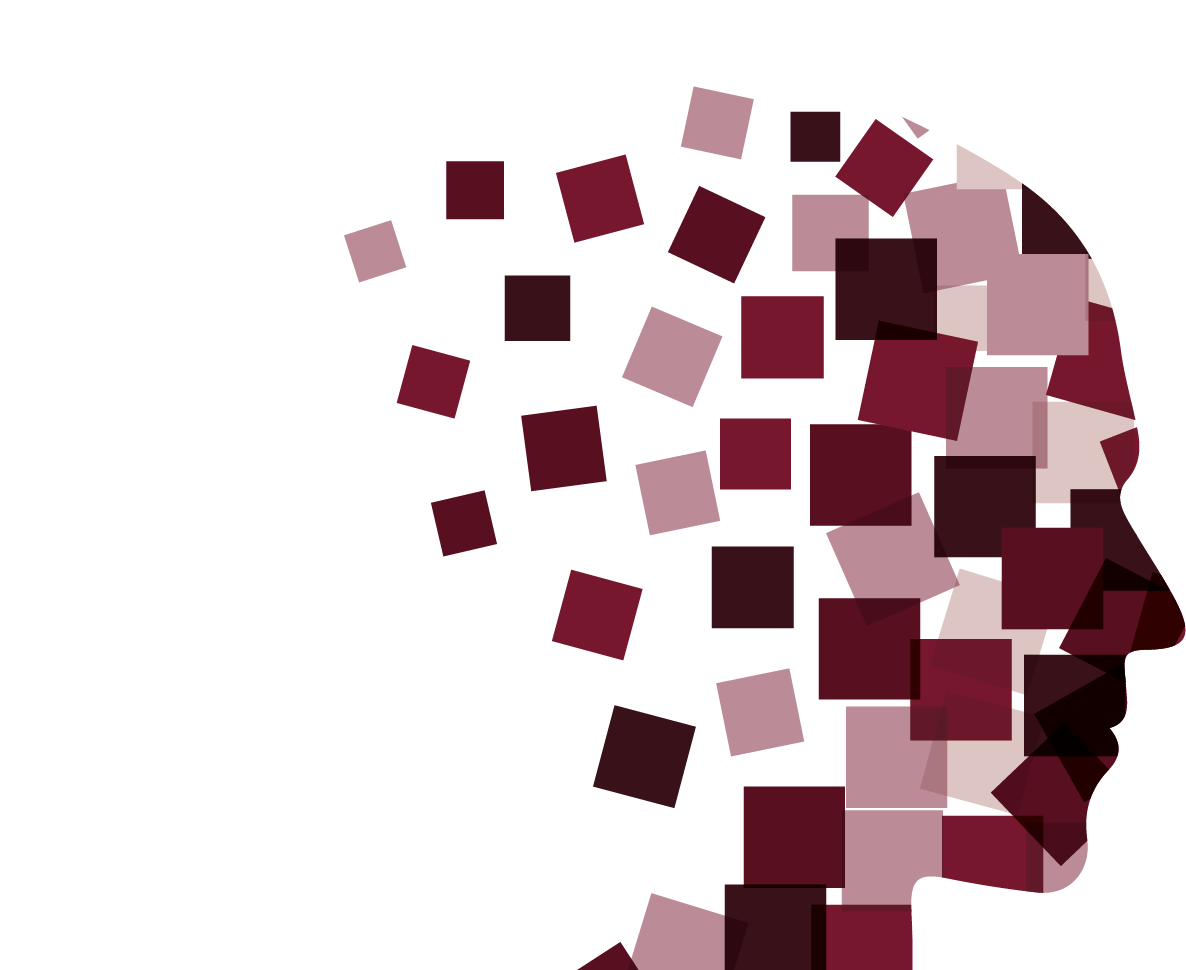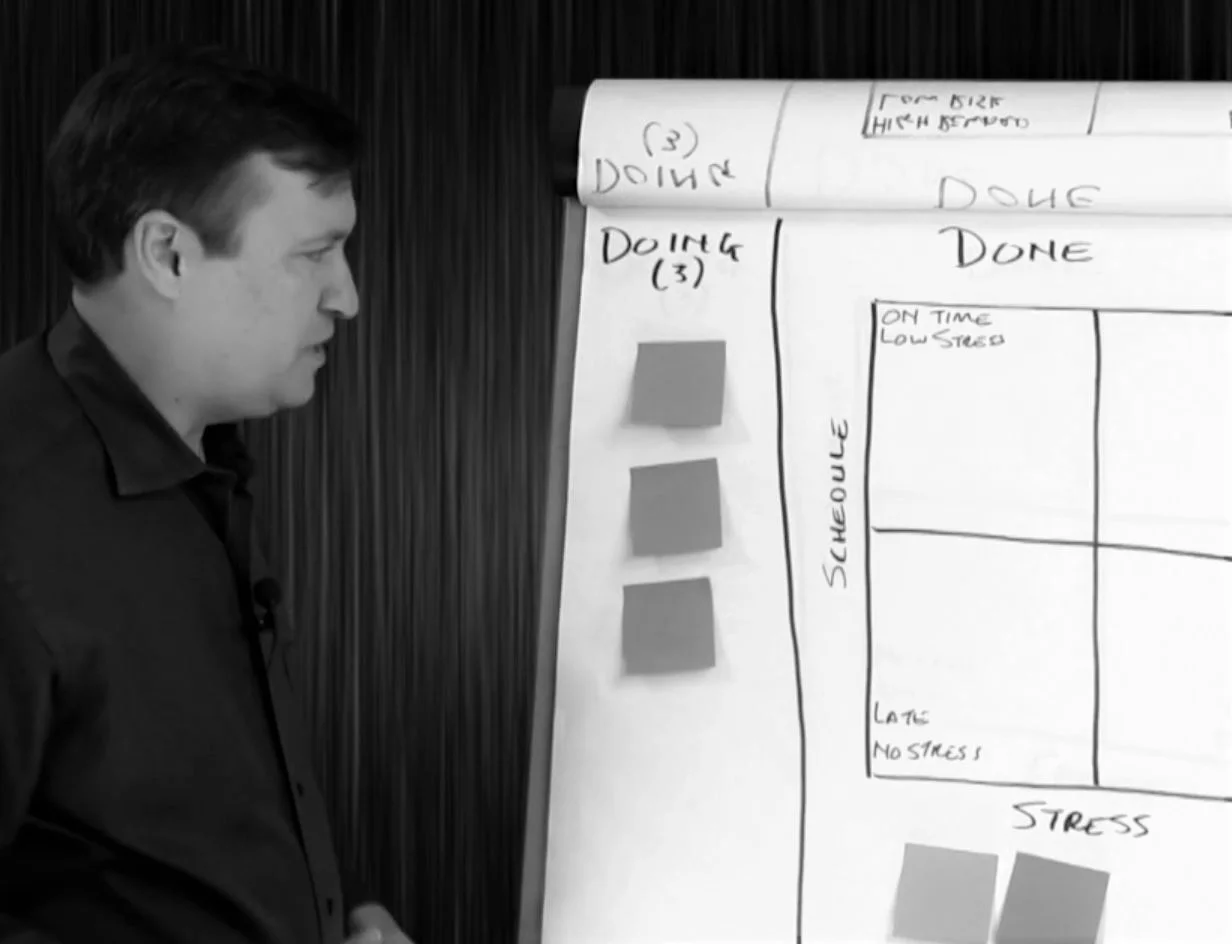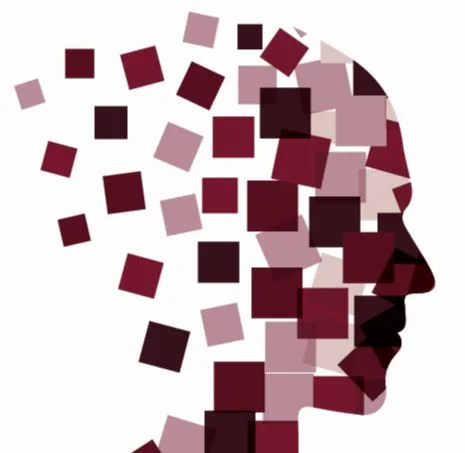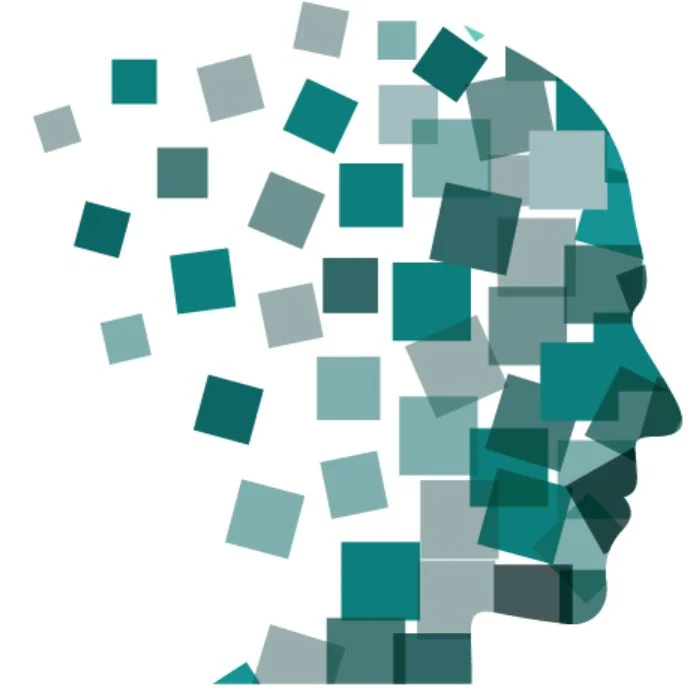We pull from neuroscience, Lean, organizational psychology, and our extensive backgrounds in business and industry to provide a tailored experience for each client. How do we describe a single product line when we've managed the writing of the Human Development Report for Vietnam, created a collaborative learning system for the United Nations, helped a fortune 10 company get control of their buggy software, guided a distributed team in 5 countries to find a closer way of working, and helped create safer construction sites in New York City?
We work with you to create strategies to get work done, build teams that act with confidence,
and solve problems and seize opportunities.
Below find a list of "products", but know we are not bringing simple boxed solutions.
Modus Cooperandi Services
We coach
Individual, executive, organizational, Lean...so many kinds of coaching. At its most basic, coaching is about helping someone reach their goals by extending the skills at their disposal.
From the seasoned C-Suite of global enterprises, to entrepreneurs in the early stages of their journey, to teams trying to get the work done, our coaching draws from decades of experience running businesses and working in a variety of industries. Modus helps people develop new skills or enhance existing competencies, reflect on their progress, and adjust their goals and approach as needed.
Use the chat button to talk to us directly about coaching.
We Train
We often get called to do two-day trainings for Lean, Personal Kanban, Value Stream Mapping, Problem Solving, etc. In order for quick sessions like this to be valuable, they must be tailored to your team and your context.
Since covid, all our training has been on-line at Modus Institute. There are classes there you or your team can take self-paced, or we can give you a “guided tour” where a Modus Institute instructor works directly with your teams as they take the classes.
We also have the Lean Agile Visual Management Certification or Accreditation programs for those who are ready to level up their career.
Check out modusinstitute.com for more information or chat with us.
WE BUILD
We work with you to solve problems, build systems, and create cultures that understand who they are, what they are building, and why.
We've helped create cultures in hospitals, find waste in restaurants, reduce bugs in software development, bolster enthusiasm in call centers, create safer construction sites, make online transactions more secure for realtors, smooth client relations for civil engineers. The list goes on.
The common thread is working with individuals, groups, and organizations so that everyone understands the problems at hand, knows their crucial part in finding solutions, and gets excited to get to work.
We help you build the systems necessary for healthy working.
Use the chat button to talk to us about your unique needs.
The Modus Right Environment Week
Building a Real Culture of Continuous Improvement and Professionalism
The Main Event: The Right Environment Week
Individuals work in teams to create value.
What is a Right Environment Week?
In order to create a Right Environment where professionals can do the right work at the right time, make decisions, continuously improve, and have the agency and psychological safety to act with confidence…your team needs to understand what they are doing, who they are doing it for, who they are doing it with, and what their professional responsibilities are.
They need a professional and collaborative culture.
In a Modus Right Environment Week, we take five days and work intensively with teams to discover how their culture, their place in the company, and their operations combine to create their system. We then work to not only improve deficiencies but rebuild their culture built upon continuous improvement.
.Together we build a system in one week using these toolkits:
TOOLKIT 1 - ALIGNMENT, VALUES & CLARITY
Improvement relies on the alignment of the people doing the improving.
If your teams are not improving, they are falling behind.
In order to improve, people need to know what they are improving, the value that improvement will realize, and how their individual and collective skills aid in the improvement.
They need to know what their colleagues will be doing and how they will help each other.
Without this, improvement is just mindless productivity - work for the sake of looking busy rather than creating value.
Tools in Toolkit 1 include:
Affinity Mapping - The team gathers, records current thinking around a specific problem or situation, and quickly aligns;
Lean Coffees - A democratic meeting structure that leverages the professional knowledge of the group that quickly surfaces and addresses issues, ideas, and actions;
Team Charters - An affinity mapping-style exercise for teams to align around the purpose of their work and the basics of how they operate; and
Communications Plans - An affinity mapping-style exercise for teams to align around what, when, how often, and by what means they communicate.
TOOLKIT 2 - REAL TIME FEEDBACK
No real-time feedback, no real understanding.
If your teams are to create more humane systems and improve, they need both metrics and real-time information
Traditional management metrics are lagging indicators. They are like driving with your eyes closed, opening them occasionally to see if you've hit something. Real-time feedback allows everyone involved to understand how work is being done, who is responsible for what, which opportunities are being realized, and when collaboration (help) is necessary. Real-time feedback also shows what needs to be improved, what needs to be discussed, and how successful we are truly being.
Tools in Toolkit 2 include:
Value Stream Mapping - Build a map of the current process (the steps the team takes to create a type of value). Examine where there are breakdowns. Examine where they are frustrated. Examine which parts bring people professional satisfaction. Examine where there are training opportunities or on-boarding challenges. Ask Is this how you want to work and live?
Personal Kanban - Using the value stream as a starting point, discuss how the team prioritizes work, responds to changes in context, deals with hand-offs, looks for improvement opportunities, and learns. Create a board that allows both the individual worker and the team as a whole to see work in real-time, to set realistic working capacities, and regularly discuss how they are working, improving, and learning together.
Team Communication - Huddles, stand-ups, one-on-ones, retrospectives, and other opportunities to engage are key to any well-functioning organization. Strategy, tactics, camaraderie, learning, and more take place in these meetings, striking a balance between situational need and awareness. When these meetings are ritualized and formulaic, they tend to create stale structures and information. These tools would be taught in a way to create healthy, beneficial, interactions that people actually want to be part of.
Working Sessions - A group meeting that focuses on work-at-hand. Teams gather and, in an organized way, work for a short period of time (30 min to 2 hours) focused on one project. Helps teams focus, ask the right questions at the right time, and get work done.
TOOLKIT 3 - OPERATIONS IN THE REAL WORLD
Work with change or it will work against you.
Teams and companies need to do more than react to change, they need to incorporate the opportunities from change into their daily work. These tools help understand change, spot improvement or other opportunities, and experiment in thoughtful ways.
Tools in Toolkit 3 include:
Concepts - PDSA, System of Profound Knowledge, Cynefin: Learning cannot happen without theory. While most of the tools in our kit are actions, this is a package of theory. As we get rolling, staff starts to crave the “why.” Going through these three simple forms of learning, systems thinking, and complexity will be a springboard into the objects of creating a learning organization.
A3: An A3 is an 11x17 format for defining a problem, experimenting with hypothesized solutions, recording results, and sharing learning throughout an organization. While it is easy for an organization to innovate, it’s harder to record and share the discoveries. This tool is a foundational element for learning.
Modus Collaborative Method: Our internal method for collaborative solutions to complex problems. The method gathers a group of 6 to 18 people, uses their collective wisdom to generate as much understanding and options around the problem as possible, quickly analyze high-potential root causes, generate hypotheses, and run directed experiments. Great for quickly solving difficult problems that usually languish because resources are unavailable or the solution horizon looks too long or costly.
X-and-Learns / Go Sees: If you learn something and tell no one, has organizational learning really occurred? There are many tools for lunch and learns, pizza and learns, fail and learns, go and sees, etc. The idea is to create a tailored version where your people would assume that when someone learned something, they could get excited about it and share it. At the same time, people would know that somewhat regularly they’re going to learn something important from their peers.








